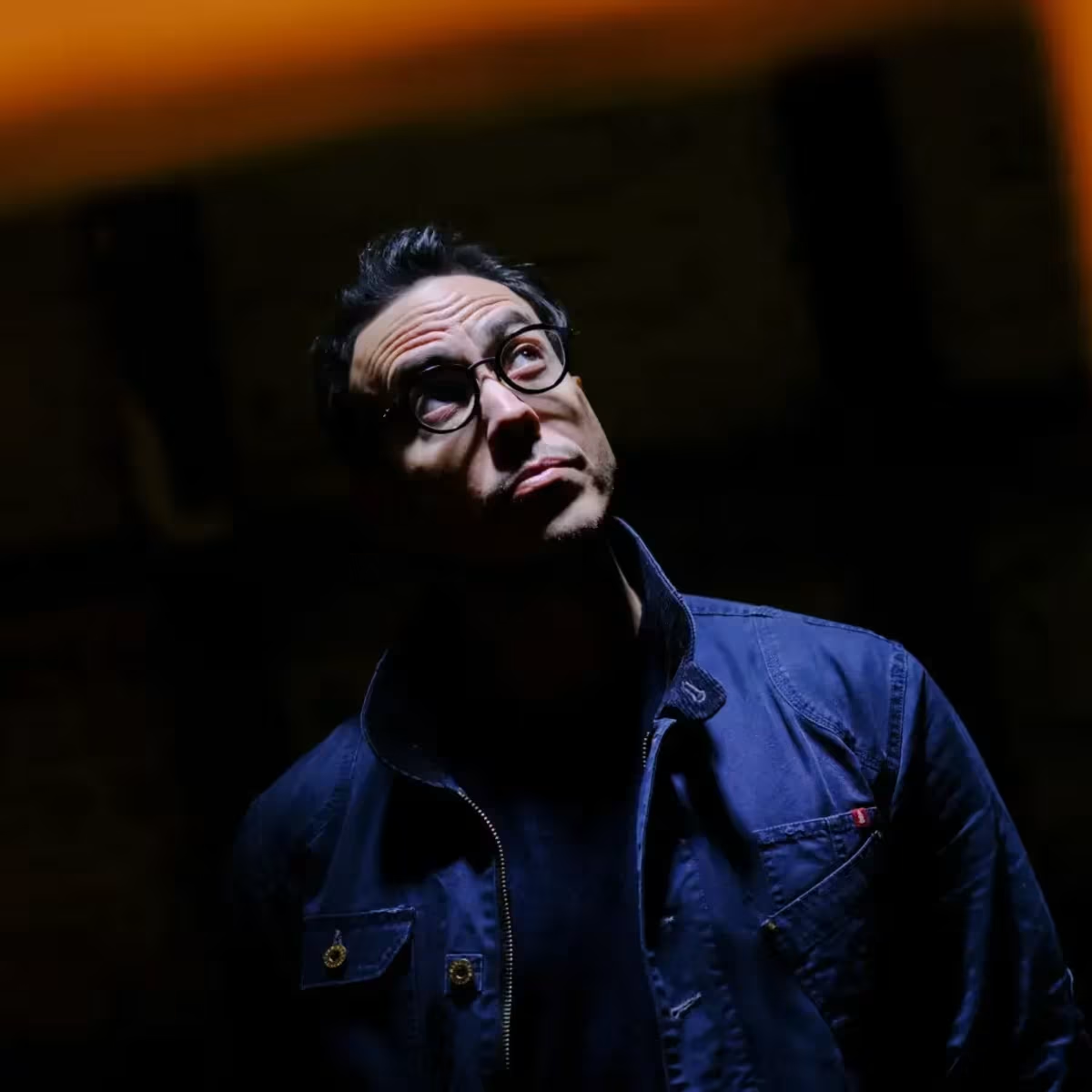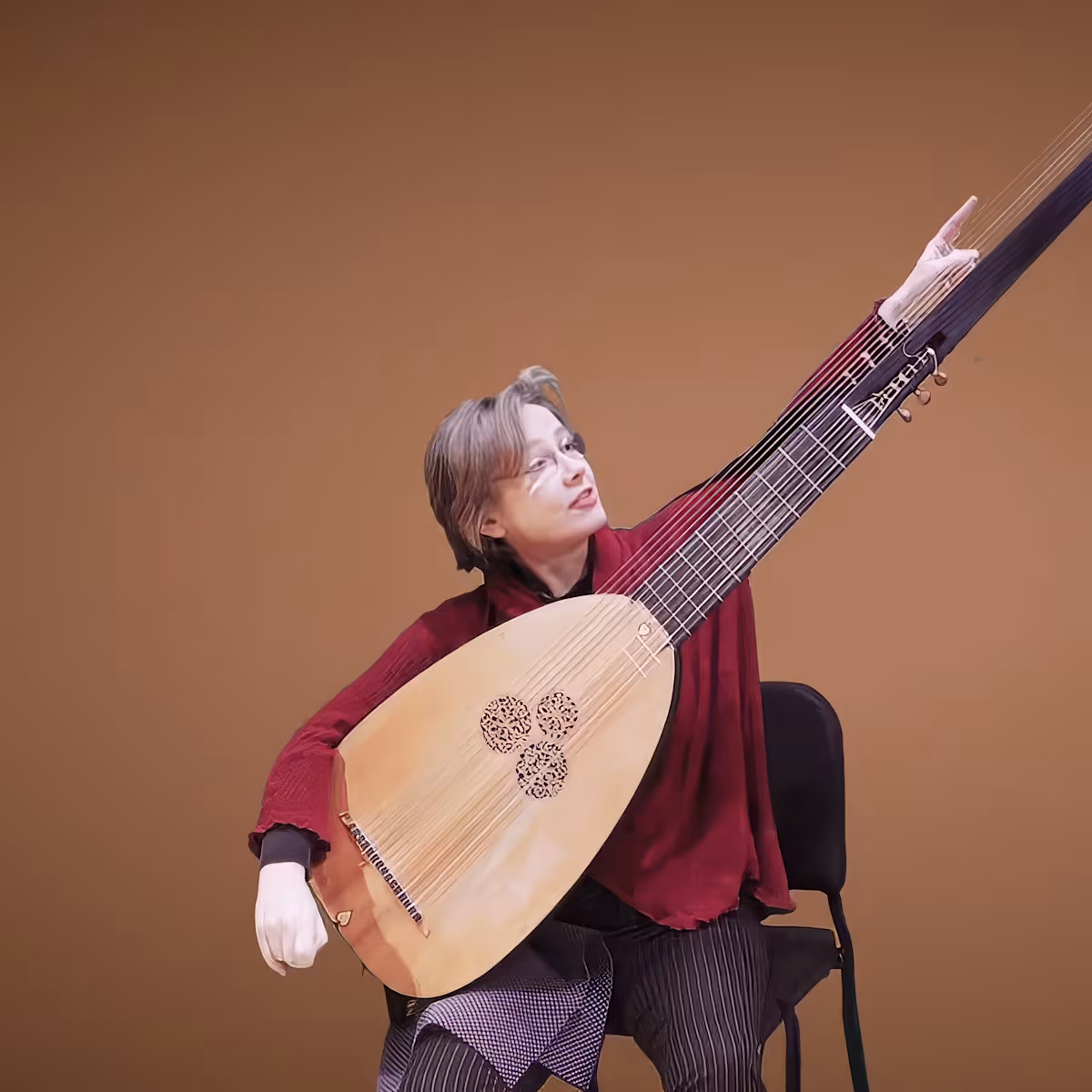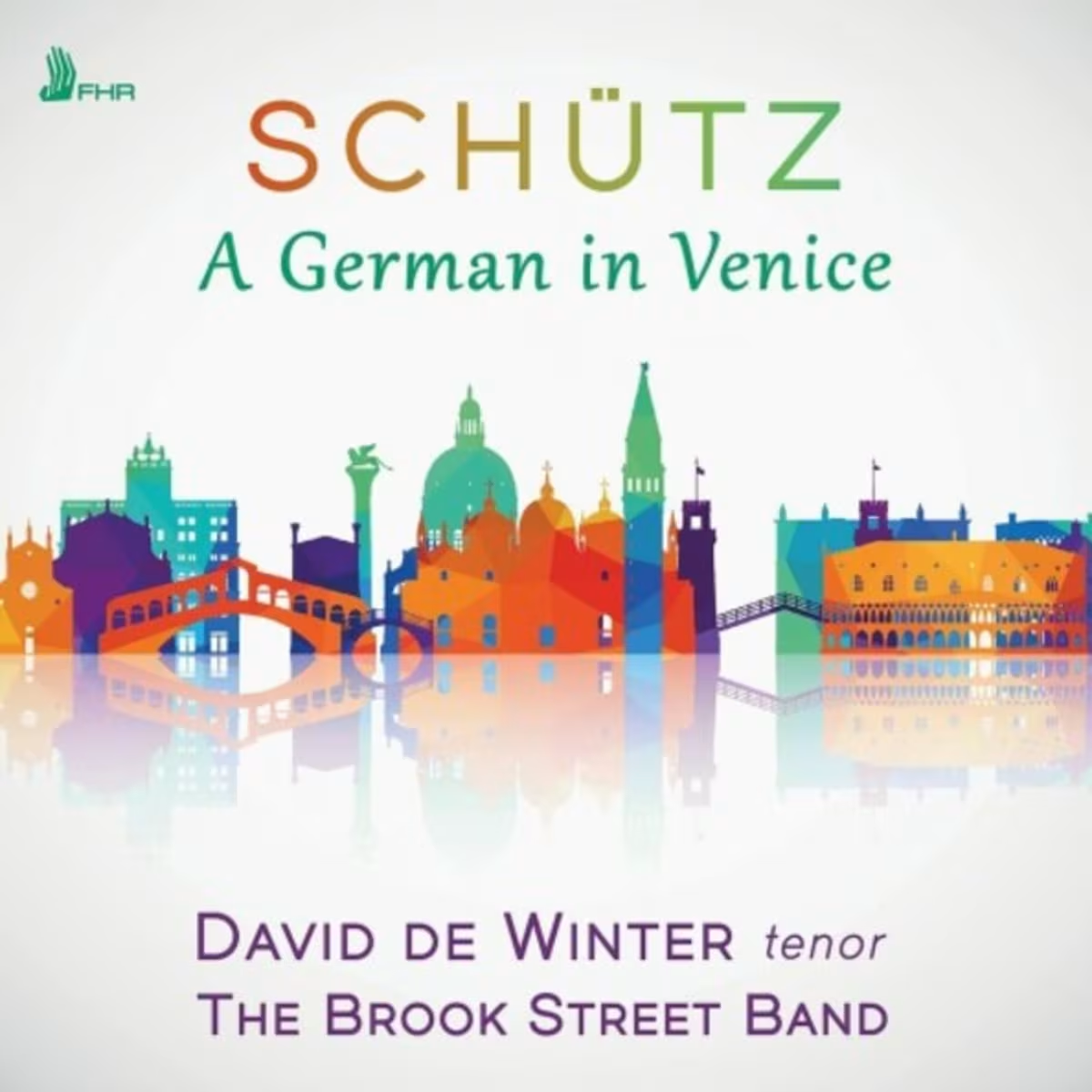Feature
Ian Page Tackles Jommelli
Rediscovering an Overlooked Composer Through Mozart’s Lens
Share this

The Mozartists do play a lot of Mozart, that was always half the point, but the other half is about putting his music into the context of its time by looking at his contemporaries and those who were influencing the direction of music while he was growing up. That is a good enough reason to explore the works of Niccolò Jommelli, the Neapolitan opera composer who was born in 1714 and died aged 60, which means that this year marks 250 years since his death. Ian Page commemorated this by conducting a selection of numbers from his 80 or so operas at the Wigmore Hall in September 2024 with three emerging singers: soprano Fflur Wyn, mezzo Ambroisine Bré, and tenor Hugo Brady.
Jommelli is one of those fine 18th-century musicians who have been largely left out of the repertoire in the last couple of centuries, although thought of highly in his own time. In his career, he had success all over Italy. He was 23 when his first success in opera was noticed in Naples, but within the decade, he had made his mark in Bologna, Turin, and Rome too, and at 31 was given a salaried job in Venice—directing the women musicians at the Ospedale degli Incurabili, one of the charitable institutions that gave them shelter without having to become nuns, like Vivaldi did across town at the Ospedale della Pietà. These days the buildings Jommelli taught in house Venice's Academy of Fine Arts.

Mozart was seven when he met Jommelli. By that time, the latter had a job with the Duke of Württemberg in Stuttgart, which he held until he returned to Naples five years later. He was an innovator, not just a journeyman, concentrating on developing opera seria so that its drama matched the seriousness of its subject matter; a quality that rubbed off on Mozart as soon as he tackled the form. "Over the last nine years," Ian Page reflects, "we have been ambushed by the discoveries we have made by looking sideways from Mozart." As well as the well-known figures like Gluck, Hasse, and J. C. Bach, he has included pieces by some truly obscure ones like Philidor, Vanhal, Guglielmi, and Celionati. "I was nervous about finding enough material but we have found so much that is worth doing: of such high quality from composers of whom even most professionals have never heard."
"Almost all the composers of that time sound a bit like Mozart, but Jommelli has very much his own voice. If he ever does get talked about in the reference books it is in terms of his use of accompanied recitative, but he is much more significant. He was really forward-thinking in the way the orchestra gets involved in the story, and some of it is searingly intense: almost like 18th-century film music. In July we were making a record of Gluck's arias. In both it has been so interesting programming music that is usually put in a different category from Handel, but in fact, they were both writing opera before Handel composed 'Messiah'."

The group founded by Ian Page did not always have the name The Mozartists; they began in 1997 as Classical Opera. "The idea was to do for Mozart what the RSC does for Shakespeare, in other words, present much more of his operatic work than is usually performed. Most of the time, only six or seven of his 20 operas get heard—especially not the early ones. It is important to learn from them and see what light they shed on the later works."
However, Page tired of putting on full productions, "partly because of the frequent disappointment of finding that modern staging did not really do the operas justice." The company's thinking evolved, "and we realised we could spend the money more usefully on recordings." A decade ago, they also realised that they were no longer just working on opera and were starting to have more of an international profile, so the old name for the group was no longer particularly helpful.
For all the 'sideways looks' at Jommelli and others, in the next year Page will be focusing back on Mozart. In October, they will be performing The Marriage of Figaro in Sicily (Siracusa) and so, having taken it all the way there, are bringing it back to London and Cadogan Hall. The main quintet of singers will be James Atkinson as the Count, Alexandra Lowe the Countess, Ellie Laugharne as Susanna, Antoin Herrera-López Kessel as Figaro, and Frances Gregory as Cherubino. In 2025, as part of the MOZART 250 series that they have been working on since 2015, where they surround Mozart's work from a particular year with works other composers were producing at the same time, their survey of 1775 will include performances of La finta giardiniera (the only pre-Idomeneo Mozart opera that the company has not previously performed) and Mozart violin concertos with soloist Rachel Podger.
Emily Pogorelc speaks about the concert 'Jommelli - A Celebration'.
Author: Simon Mundy
Share this
Keep reading

Bill Barclay: Concert Theatre Works
Bill Barclay blends theatre and early music, making concerts vivid and relevant. His 'Secret Byrd' and 'Death of Gesualdo' explore music’s compelling stories.

The OAE introduces...
The Orchestra of the Age of Enlightenment presents a series of videos introducing the interesting and unusual instruments commonly found in early music.

A German In Venice
This album explores Heinrich Schütz's solo cantatas alongside examples of the brilliant and virtuosic Venetian style instrumental music.




